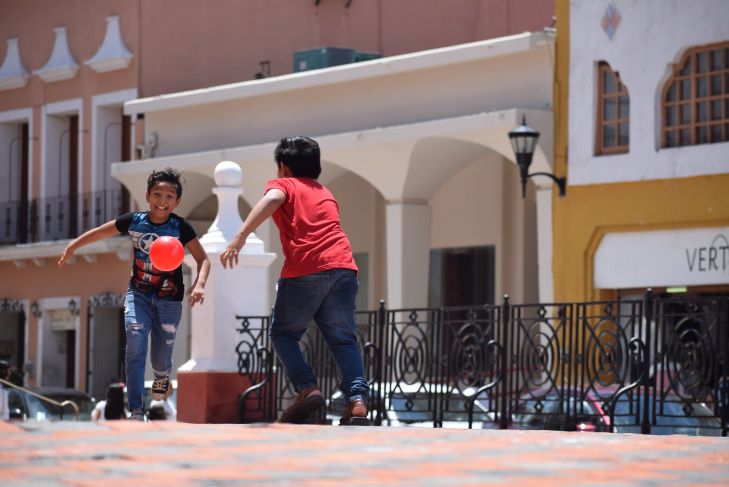Since the advent of social media, we appear to have been deluged with bad news on an almost hourly basis. War, drought, flooding, pandemic effects, egregious and increasing human rights abuses, the inability of governments and multilateral institutions to provide relief and affect change, are reported and shared instantaneously. This contributes to malaise for many of who conclude that we cannot overcome global challenges to encourage the changes we need.
Social media has a lot to do with our perceptions of the inventory of problems that we face. Some people argue that today’s ills have always existed, but that social media has magnified the human condition since all good news as well as calamities are now broadcast globally immediately making the aggregate of the challenges that we face seem overwhelming to pessimists such as myself.
Indeed, as I reread many of my columns, I realize that most are negative reports and analyses of the challenges that we face. But this month, the World Cup is taking place; an event that brings the world together in a good way.
The games were held amid charges of corruption, human rights abuses, and unnecessary deaths of workers imported from developing countries to build the infrastructure.
But, in the eyes of many fans, soccer begins with a child and anything that passes for a ball. That child can be in Merida or Timbuktu, Qatar or Madrid, and be of any race, religion or nationality. The child can also be rich or poor – all is takes is two feet, good instincts, talent, and a burning ambition to succeed.
None of the expensive equipment or facilities associated with most other sports are required. Indeed, many of today’s soccer greats were born in humble circumstances and grew into their current personas.
And for those who fulfil their dream, it all ends at the World Cup every four years.
The one truly global competitive sport is the World Cup. Any country can field a team and climb the ranks until it qualifies to compete. Big or small, rich or poor, developed or developing, this event brings the world together for a short period of time.
Argentina was defeated by Qatar in its first game, Korea lost to Ghana, and powerhouse Germany eliminated in the first round. The ability of developing country teams to defeat the presumed strongest competitors illustrates a world in which anything can happen, and where hope and determination can work miracles.
There is no doubt that soccer plays an important role in the lives of hundreds of millions of people around the world. Not many years ago soccer was not popular in Canada and the U.S.
Today, Major League Soccer (MLS) attracts millions of North American fans to professional games throughout every year. This would have been unheard of only twenty years ago. In fact, Canada, the United States, and Mexico will co-host the World Cup in 2026, illustrating just how much the sport has grown in these two former countries.
Millions of boys and girls play soccer in organized leagues, providing talent for the future national teams of both countries. They dream of being the next Ronaldo, Messi or, for those with a good memory, Pele.
Speaking of Pele (the Brazilian soccer icon of the sixties and seventies), he is currently in palliative care in a Sao Paolo hospital. His passing, when it happens, will unite soccer fans globally in mourning and in celebrating someone who has been an inspiration for five decades to children and adults all over the world.
There is no doubt that events like the World Cup and the Olympic Games can create a positive buzz globally and bring out the shared passions in billions of fans worldwide.
Can we find a way for this sense of wonder and unity to spill over into other facets of life?
Can leaders find a way to extract from this feeling of shared passion a basis for a more positive approach to addressing global challenges and working together?
One can only hope.
In the meanwhile, let’s enjoy these global sporting events and take from them the best for our collective future.
Keep reading: China and U.S. Gun Control
Edición: Laura Espejo
Los músicos forman parte del video de 'Risk It All', la canción que abre y lidera 'The Romantic'
Efe
El ex funcionario habría utilizado un equipo telefónico perteneciente a los estudiantes desaparecidos
La Jornada
Destinan también el doble del tiempo a los cuidados de integrantes menores de 5 años en el hogar
La Jornada
Marco Rubio confirmó el hecho; no reportan víctimas
Reuters / Afp
